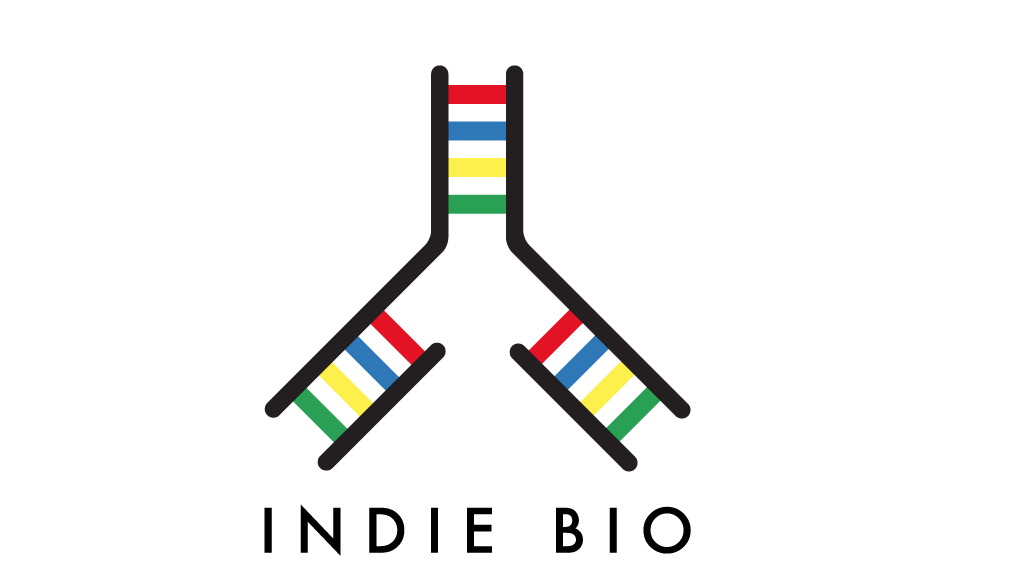Leaving the $3.2 billion portfolio he helped build at IndieBio Arvind Gupta joins Mayfield to create the Genesis Consortium
Already, a few of the biggest food business in the U.S. are turning their attention to the industry thanks to moving consumer tastes, and are responding appropriately. “The Tysons of the world have actually seen that shift,” Gupta stated. As consumers move their minds and their dollars … all of the huge corporates are thinking of how they stay ahead of this.”
Bioengineering is experiencing a little bit of a boom these days amongst venture investors. Companies using the brand-new innovation have drawn in financial investments from leading funds including Kleiner Perkins, Mayfield, DCVC, Khosla Ventures, Sequoia, SoftBank, Andreessen Horowitz and others. According to data from the research firm, SynBioBeta, startups focused on bioengineering have actually raised more than $12.6 billion in financing since 2018.
As part of the relocation, Mayfield has actually committed to buy SOSV, the holding business for a clutch of accelerators and endeavor funds that consisted of IndieBio, and to work together with SOSV on the creation of the Genesis Consortium, an alliance of financial investment funds and business financiers created to back companies focused on bio-engineering for planetary and human health.
Both Gupta and Parikh think those numbers are nowhere near enough if the business establishing these technologies are to measure up to their possible and have actually the desired effect on markets as diverse as production, food and agriculture production, packaging and material sciences, and clothing and durable goods.
“The idea, to take an action back, is actually about extending this motion,” says Gupta. “If you look at the quantity of capital being released in human and planetary health it is a little part of investments compared to all of IT.”
“This opts for the focus at Mayfield on conscious industrialism and repairing the planet and the development of solutions to resolve these planetary and human health concerns,” stated Ursheet Parikh, a partner at Mayfield who leads the firm’s efforts around bio-engineering.
IndieBio San Francisco accelerator. Po Bronson is taking control of the leadership position at IndieBio, although Gupta will continue to act as an advisor to the accelerator, according to a statement. For IndieBio and Gupta, the partnership with Mayfield is an affirmation of the 6 years of work that Gupta and his group have put in to speeding up companies concentrated on commercializing the technologies that have actually been developed to shape and reshape the standard foundation of life.
Because time, he’s created a portfolio that’s worth, by some estimates, $3.2 billion and consists of companies like Memphis Meats (establishing cultured meat from animal cells), Geltor (establishing unique proteins), Synthex (producing new peptide therapies), Endless West (distilling alcohol from microorganisms), Prellis (developing organ tissue growing), NotCo (producing a new plant-based food brand), Catalog (using organisms for data storage), Tinctorium (recreating the coloring process for blue denims) and Mycoworks (using plants to make a leather replacement).
Parikh said that the partnership between the 2 companies is another example of the ways brand-new information innovation advancements dovetail with the transformation in engineering biology. “All this cloud and artificial intelligence becomes a driver,” said Parikh. “It ends up being about constructing the next generation of companies and [innovation] platforms.”
“This is a great time to broaden the movement beyond the pre-seed level,” said Gupta in an interview.
The relocation is a signal both of Mayfield’s increasing dedication to invest in a thesis around planetary and human health, and of the growing value of bio-engineering on the planet of emerging technologies.
What needs to happen is that financiers require to recognize that these are multi-billion-dollar markets that can be changed using these technology platforms, Gupta stated. They are also services for the existential health and planetary crises that the international population is challenging.

Image by means of Getty Images/ KTSDESIGN/SCIENCE PHOTO LIBRARY The Genesis Consortium It might seem like a Bond-villain scheme for worldwide dominance, but preferably, the Genesis Consortium will bring together a variety of corporate partners and investment funds that concentrate on bio-engineering to team up on investments at a scale that’s needed to make the changes that Gupta believes are required for market.
Arvind Gupta, the founder and head of IndieBio, is leaving the accelerator whose portfolio he assisted construct into a$3.2 billion life sciences powerhouse, to sign up with the equity capital fund Mayfield.
That’s why the firms are developing the Genesis Consortium. “We want this to be the statement where we can have that discussion and go with tactical partners,” stated Gupta. “I also desire to make sure that corporates are involved … this is not just about cash however strategic participation.”

At Mayfield that’s suggested investing in business like Mammoth Biosciences, a pioneer in making use of CRISPR gene modifying technologies across a variety of industries with an early focus on healthcare and life sciences. It has likewise meant investing in some IndieBio graduates like Serenity Bioworks and New Culture
Behind all of this, for Gupta, is the looming threat of a climate disaster. Reversing course on worldwide climate change– and even just limiting the world’s disturbing warming trend– will require a shift in consumer habits that can be made through the development and commercialization of these bio-based technologies, Gupta said.
Mayfield’s huge bet on bio-engineering
“Five years back, we saw that the capability to wed the engineering techniques of info innovation with advances in biology develops a huge chance for an entire brand-new class of companies. We see an equally enhancing engineering biology development loop coming together that enables these business,” composed Parikh and Navin Chaddha, Mayfield’s handling director.
In a post announcing Gupta’s addition to the Mayfield group, the company discussed how it views the possibility of integrating biological engineering with details technology.
That loop begins with digitizing biology and measuring the living state to develop the information sets that cloud computing and artificial intelligence can parse for insights. The lowered cost of full genome sequencing and the production of CRISPR editing are ushering a brand-new platform technology, according to Parikh and Chaddha, and Mayfield wishes to get in at an early stage that transformation.
Placing itself as a firm that has seen the first wave of biotech innovations, the surge and cresting of infotech’s digital revolution and an early (and lucrative) investor in sustainability, Mayfield is trying to contextualize this engineering biology as another shift in where technology is heading and how investor can capitalize on the changes.
As Mayfield’s management composed in their blog post today:
These platforms in turn make it possible for quicker development of new applications, including new diagnostics and rehabs, brand-new materials, brand-new foods, and ecological engineering. These new applications develop need for more allowing tech in digitizing biology and bio engineering platforms, completing the innovation loop. This loop is striking crucial mass for super-fast iteration since the cost for digitizing biology is trending to absolutely no.
Solving the present twin obstacles of human and planetary evolution presents the greatest entrepreneurial opportunity in history. Our objective at Mayfield is to partner with entrepreneurs leading this movement.
Parikh said that the collaboration between the two companies is another example of the ways new info innovation improvements dovetail with the revolution in engineering biology. At Mayfield that’s indicated investing in business like Mammoth Biosciences, a leader in the use of CRISPR gene editing technologies throughout a number of industries with an early focus on healthcare and life sciences. Business utilizing the brand-new technology have actually brought in investments from leading funds including Kleiner Perkins, Mayfield, DCVC, Khosla Ventures, Sequoia, SoftBank, Andreessen Horowitz and others. What needs to occur is that investors need to realize that these are multi-billion-dollar markets that can be changed using these innovation platforms, Gupta stated.”Five years ago, we saw that the capability to wed the engineering techniques of information innovation with advances in biology produces a big chance for a whole new class of companies.
